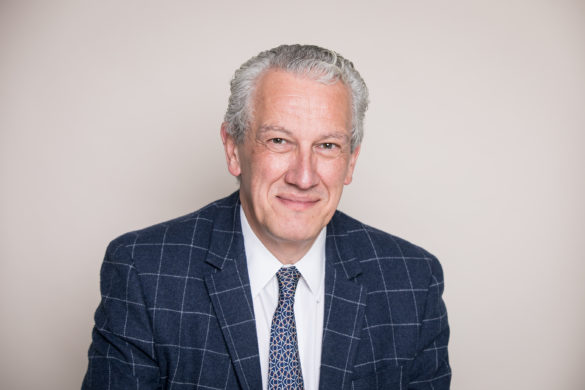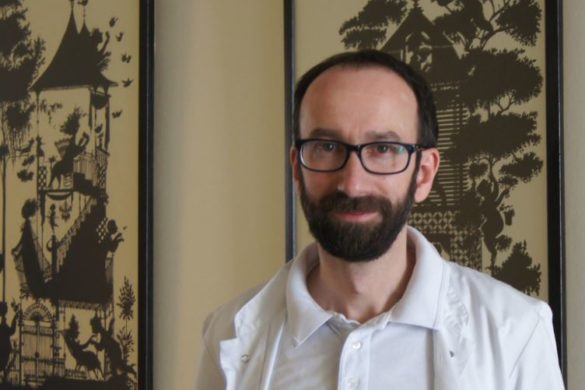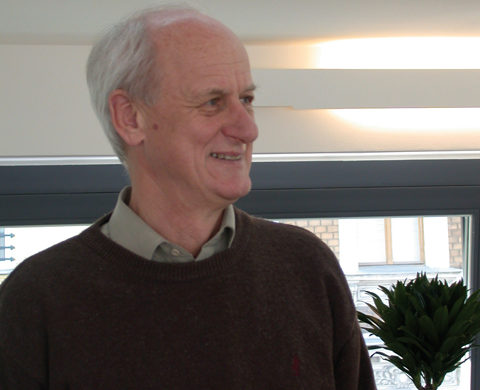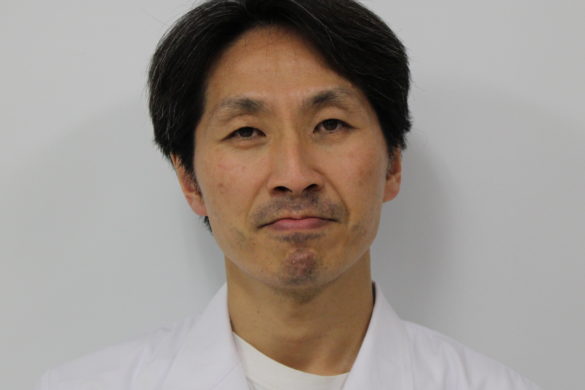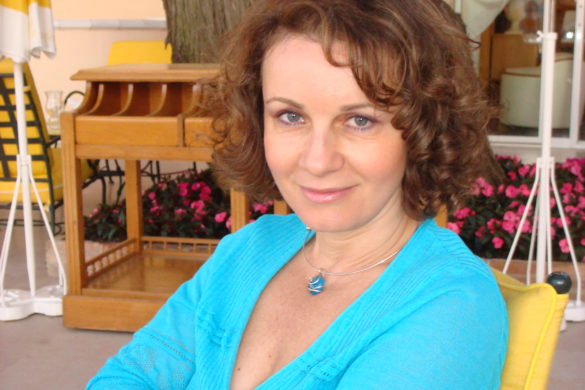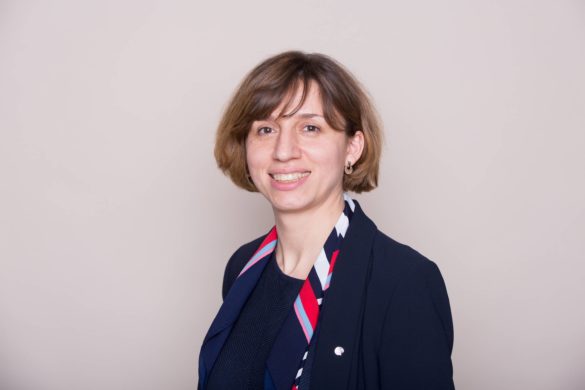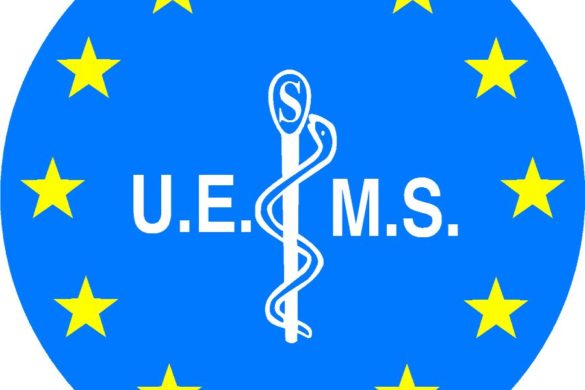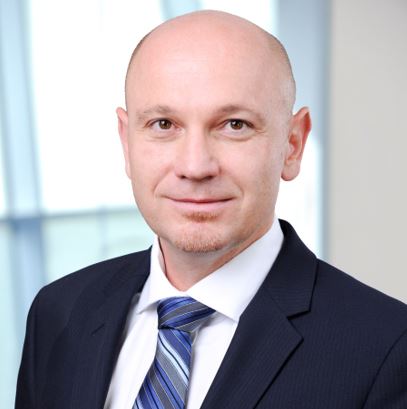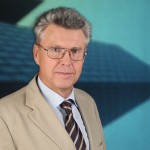 Gian Luigi Lenzi (GLL): As Vice President to EAN, can you illustrate the role you give to EAN within the community of European neurologists?
Gian Luigi Lenzi (GLL): As Vice President to EAN, can you illustrate the role you give to EAN within the community of European neurologists?
Franz Fazekas (FF): Building the EAN is a unique opportunity to strengthen the role and visibility of our specialty in patient care and clinical science throughout the continent and beyond. This concerns all facets of education including the development of guidelines for high quality patient care, the strive for excellence in basic and clinical research and the political representation of our interests. Of course this cannot happen without active participation and support of as many European neurologists as possible. I am very optimistic that this will happen as the EAN has already much to offer and there is more to come through joining our forces. Progress in the understanding of neurologic disorders and patient care comes from both specialisation and providing a synthesis of all advances. Together with related specialities the EAN will especially take care of the latter part.
GLL: EAN needs to be the overall umbrella for neurology and neurology-related specialties. How can your specific work on multiple sclerosis, cerebrovascular diseases and neuroimaging bring and added value to this aim?
FF: Our approach to MS and cerebrovascular diseases has been revolutionized by neuroimaging and I have had the chance to follow this development from the start. When I began my professional career it was still unthinkable to depict MS lesions in vivo and nowadays these have entered our diagnostic criteria. Similar things happened in regard to cerebrovascular and many other neurologic disorders. Neurologists thus have to be familiar with neuroimaging and to closely interact with radiologists and neuroradiologists. Likewise we nowadays also need interaction with several other specialities when we want to take advantage of all diagnostic and therapeutic options for our patients. This puts neurologists in an important position which is to steer a patient’s diagnostic and therapeutic path together with the knowledge and support of other specialities. The EAN is in a quite similar position when it comes to steering European neurology and we will have to use this position in a sensible and responsible manner.
GLL: What is your view on the future of the educational grants for young neurologists allowing them to visit and work in different neurological departments throughout Europe?
FF: Observing other neurologists “at work” is certainly the most efficient way of learning. Doing this by visiting a different neurological department gives the opportunity to focus on a specific area of interest in order to learn new things or to just compare possibly different approaches. Very often this will also mean to experience different organizational structures or even health care systems.
Furthermore, interdepartmental exchange fosters personal relationship and mutual understanding. The EAN has to take advantage of existing diversity to progress into the future and should certainly continue to support such programs.
GLL: Can you share with our readers your vision on how Neuropenews can help strengthening the identity of EAN?
FF: The EAN needs members who actively pursue and shape the mission of our society and our members need support from our society in their daily work, career development, in political functions and much more. This requires an intense and high quality exchange of thoughts and ideas and up to date information. While the annual meeting will remain the highlight of such interaction we have to ensure that this process continues throughout the entire year and Neuropenews is an important tool in this direction. Besides being a valuable source of information reading from and writing for others, it also helps to foster understanding and strengthen ties between our members.
GLL: Thank you for your time.
Franz Fazekas is Professor of Neurology, Head of the Department of Neurology and Director of the Division of General Neruology at the Medical University in Graz, Austria.




